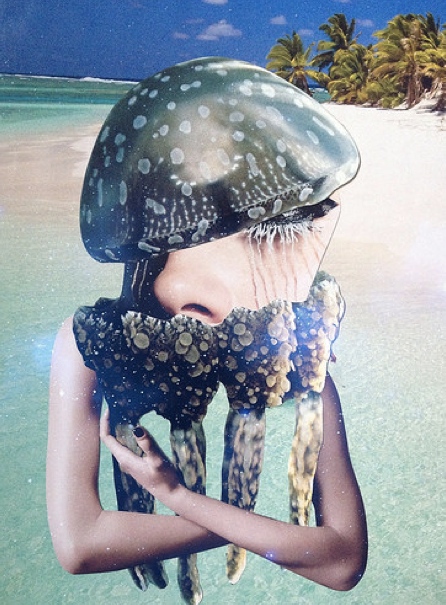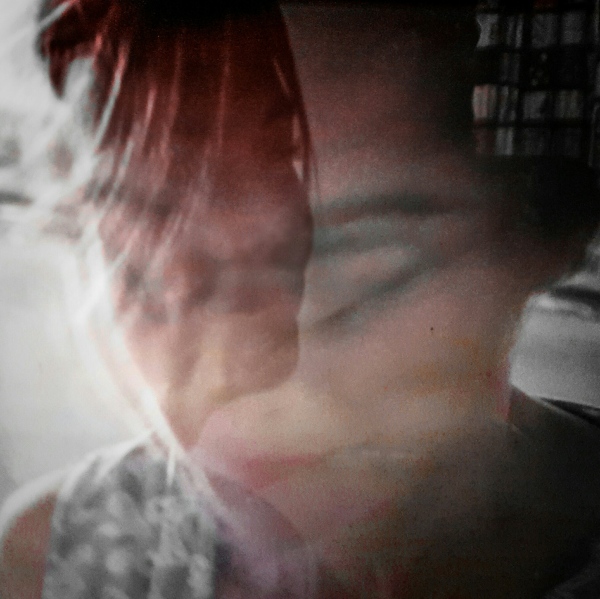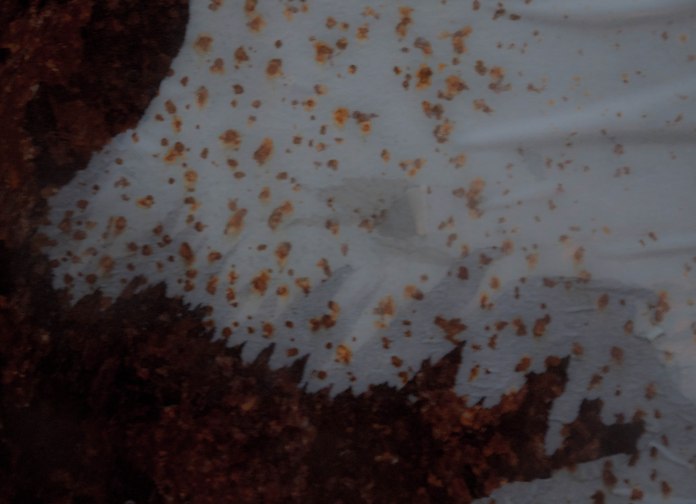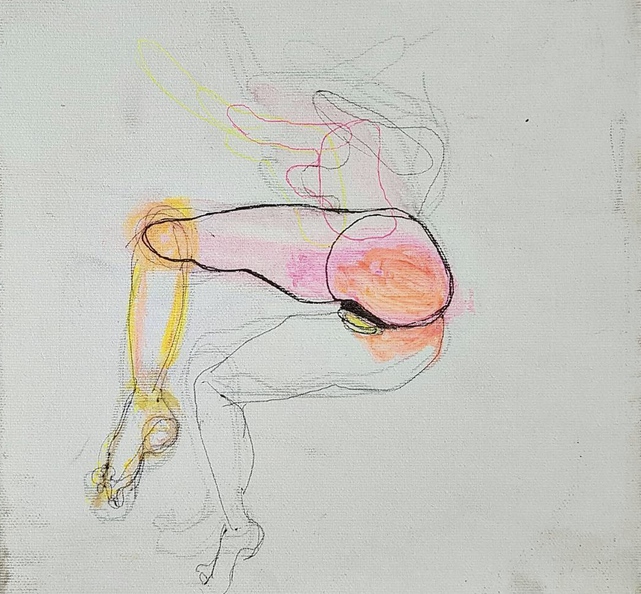Tears had formed, and as he closed his eyes tight, the pool burst free and ran down his cheeks like a tram track. The newspaper lay folded upon his lap. On its front page an image of a candy-striped deckchair was prominent, and italicised text accompanied:
“It is time we eliminated the reminder of our cloth-cap heritage. Move forward with the times, eliminate our industrial past. We have a master plan for the rejuvenation of the town. We began two months ago with the dilapidated seafront.”
But this is my home, he thought, this town has been my life.
On the number twelve bus, Bill watched his neighbourhood pass through the window. His head was pressed against the glass like a small child. He absorbed the impact of each rise and fall of the suburbs. What he saw was different from when he was young, when both he and the town were in their heyday. In truth, Bill’s neighbourhood had died many years previous; this was now just the place he lived.
The seafront was quiet in comparison to when he last visited. He approached the stretch of beach, next to the team staton, where the deck chairs were hired out. He paid his money then lowered himself into the candy-striped deck chair. He reached into his pocket to withdraw the small scrap of this morning’s headline. Looking down he re-read the article and again a tear formed in his eye. Taking a pristine white handkerchief from his hip pocket, he slipped it beneath his glasses lens and vigorously rubbed the socket of his right eye until it turned red.
In 1950 he was handsome and suave. He had worked most of the bars, clubs and cabaret establishments along the front; it was his life, his income and was how he met his wife. A host with a handful of one-liners, he supplemented his income calling bingo for the septuagenarians in the Conservative Club hall. Ethel, in contrast, was a class act. She was beautiful; she glowed. He would stand in front of audiences at “The Pear Club”, and with microphone in hand he would announce her onto the stage. She’d twirl to the centre of stage in her golden ball gown with incredible grace; transfixed, he would watch as she spun her honeyed web around him.
This is our home, he’d think, this is our life.
In 2015 they had been sat on the seafront, a candy-striped deck chair each, both looking every wrinkle their age. It was one of the hottest days of the year, and the beach teemed with chalky sun worshippers. Ethel wanted ice cream, so he joined a long line of pasty tourists for what felt like a lifetime. When he returned with the treat she was gone. He took a lick of his ice cream, but it tasted bitter, so he became angry he’d spent the final minutes of her life, queuing for this.
Now it was twelve months later. To his right, a shop front was being ripped apart and refitted, just as the store next door was being boarded up and estate agent signs placed on the façade. Directly in front of him was an old run-down building. Rusted scaffolding had been erected to preserve the remainder of the building. Above the door was a faded sign, it’s lettering faint and indistinct to all but Bill: “The Pear Club”.
He began crying and the tears blurred his vision; the scaffolding melted away and the club was once again pristine and gleaming. Posters proclaimed acts of vibrant music and enchanting dance, of unique cabaret and a thousand one-liners. There was a buzz about the venue and the sound of laughter and applause echoed from within. Then, a figure appeared at the doorway in a golden ball gown. She lifted her hand and in a wave, cast her web, beckoning him towards her.
This was my home, he thought, this was my life.







 Image by Christine Renney
Image by Christine Renney